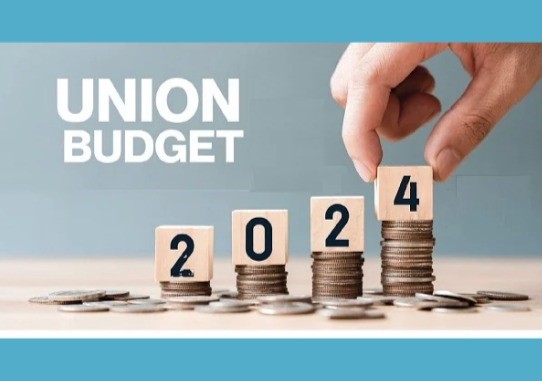New Delhi, July 24: The Union Budget has come under heavy criticism from Prof. Salim Engineer, Vice President of Jamaat-e-Islami Hind (JIH), who described it as disappointing for the poor, marginalized communities, Scheduled Castes (SC), Scheduled Tribes (ST), and religious minorities. Prof. Engineer expressed his concerns in a statement to the media, highlighting that the budget should address the needs of the common man while stabilizing the economy.
Despite acknowledging some positive aspects of the budget, such as fiscal prudence for long-term debt sustainability and measures to enhance financial stability, Prof. Engineer emphasized that these benefits do not extend to the most vulnerable sections of society.
“The Budget 2024-25 fails to provide any relief to the poor, the marginalized, SC & STs, and religious minorities. It appears to favor a specific class of society,” he remarked.
Prof. Engineer pointed out that while the health and education sectors have seen increased allocations, they remain insufficient at 1.88% and 3.07% of GDP, respectively. JIH advocates for these allocations to be raised to at least 4% for health and 6% for education.
Additionally, the budget has drastically reduced allocations for schemes aimed at minorities, with the Ministry of Minority Affairs receiving only 0.06% of the total budget.
“We expect at least 1% of the budget to be dedicated to minority welfare,” he asserted.
The JIH Vice President criticized the contractionary nature of the budget, noting that it would exacerbate issues like unemployment, inflation, and inequality.
“Despite substantial revenue increases, the negligible rise in expenditure will worsen the social and economic situation. Fiscal prudence is necessary but should not come at the cost of ignoring the people’s needs,” he stated.
He also highlighted the stagnant allocation for the MGNREGA scheme amidst historically high unemployment rates and the reduction of essential subsidies for food, fertilizer, and petroleum, calling these cuts “irrational and condemnable.”
Prof. Engineer further criticized the budget for favoring the wealthy and large corporations over the poor and middle class. He pointed out that corporate tax revenue is lower than income tax revenue and that indirect taxes remain high, placing a heavy burden on the less affluent.
“To fund welfare, we need to curb corruption, increase direct taxes on the wealthy, and reduce indirect taxes to alleviate inflation’s impact on the poor,” he suggested.
He also emphasized the need for targeted measures and policies for the welfare of Dalits, backward classes, SC & STs, and minorities, particularly Muslims, supported by concrete plans and adequate budgets. He called for a shift towards an interest-free economy, urging the government to promote interest-free microfinance and banking to boost employment and reduce social unrest.
“Nineteen percent of our budget goes towards interest payments, and borrowing accounts for 27% of the budget. We need to reduce our reliance on debt and move towards an interest-free economic model,” Prof. Engineer concluded.




